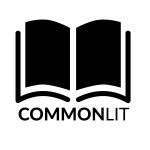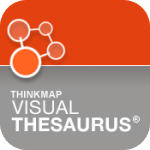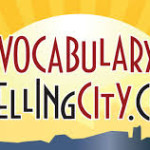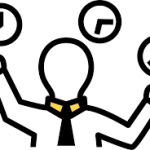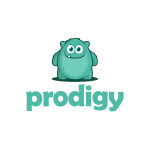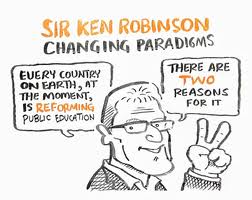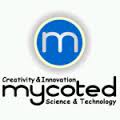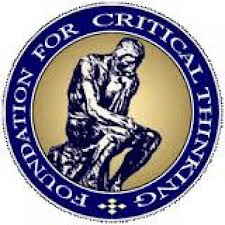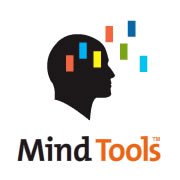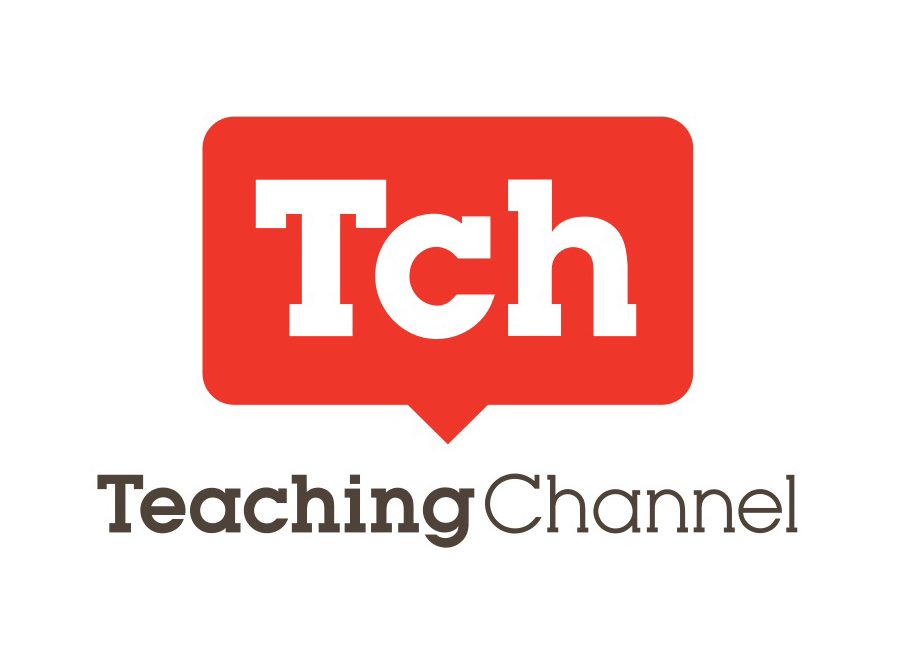Learning & Innovation Skills
Learning and innovation skills increasingly are being recognized as the skills that separate students who are prepared for increasingly complex life and work environments in the 21st century, and those who are not. A focus on creativity, critical thinking, communication and collaboration is essential to prepare students for the future.
Creativity and Innovation
Thinking Creatively doesn’t mean you have to be able to draw. It does mean you are an artist. Your artistry comes in vision and brainstorming. You are able to think on your feet and have new ideas. Some ides may be small and some may be hugely radical in nature. Regardless your artistry comes in ideas and being able to see the bigger picture. You can evaluate your own ideas as well as others and maximize creative efforts.
Working with others means you are able to open your mind and accept ideas. You come to the table with a growth mindset as opposed to a fix mindset. You realize their may be more than one path in a journey. You are able to learn from your own mistakes as well as the mistakes of others. You do not let boundaries of the walls around you stop you from reaching out to others beyond those walls. You are responsive and open. You take what you have and adapt rather than adopt. You understand that working collaboratively is often cyclical.
You Implement Innovations. You act on creative ideas to make a tangible and useful contribution to your field. You make things happen beyond the vision, you execute the vision. You reflect upon what worked and what didn’t. You don’t give up!
Critical Thinking and Problem Solving
Reason Effectively using a variety of appropriate reasoning strategies (inductive, deductive, etc.). Use your capacity to verify facts and make sense of things. Self-consciously change your beliefs, attitudes, and traditions base on your acquisition of knowledge.
Use Systems Thinking Analyze how parts of a whole interact with each other to produce overall outcomes in complex systems. “Understand how it is that the problems that we all deal with, which are the most vexing, difficult and intransigent, come about, and to give us some perspective on those problems [in order to] give us some leverage and insight as to what we might do differently.” -Peter Senge
Make Judgments and Decisions effectively using data and evidence to analyze, plan and execute plans for growth. In doing so look at alternate points of view making connections through reflective interpretation. Drawing conclusions for best practice.
Solve Problems through participatory leadership but being selective when autocratic decision making is necessary. Synthesize and interpret information by asking essential questions that help clarify a path towards better solutions.
Communication and Collaboration
Communicate Clearly through articulation of thoughts and ideas effectively using oral, written and nonverbal communication skills in a variety of forms and context. Utilize multiple media and technologies, and know how to judge their effectiveness a priority as well as assess their impact. Think about global connections and opportunities for global communication (multilingual), being respectful and culturally aware of diversity. Value everyone’s contributions and share the responsibility for collaboration.
__________________________________________________________________________________________________
Resources:
Landa, Robin. Thinking Creatively : New Ways to Unlock Your Visual Imagination. Cincinnati, Ohio: How Design, 2002. Print.
www.p21.org
www.mutualresponsibility.org


